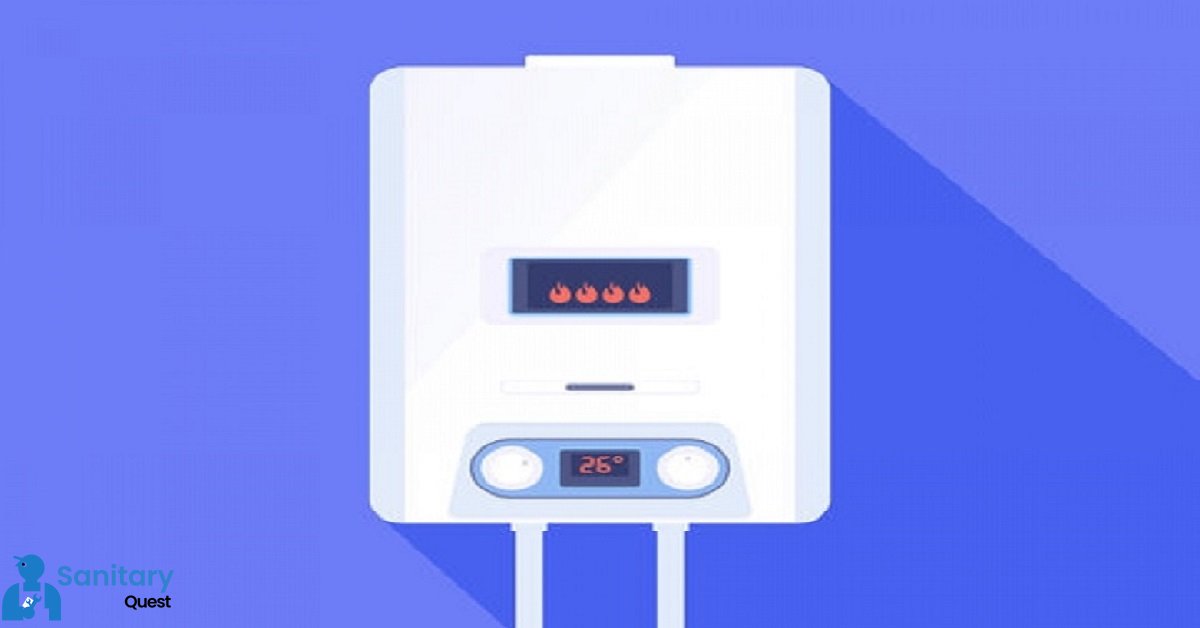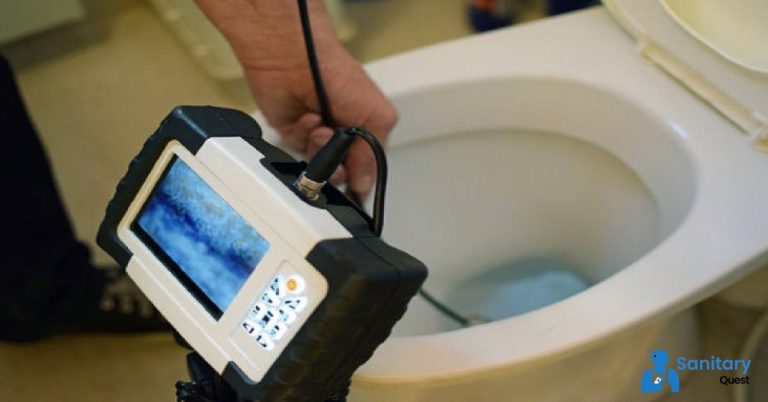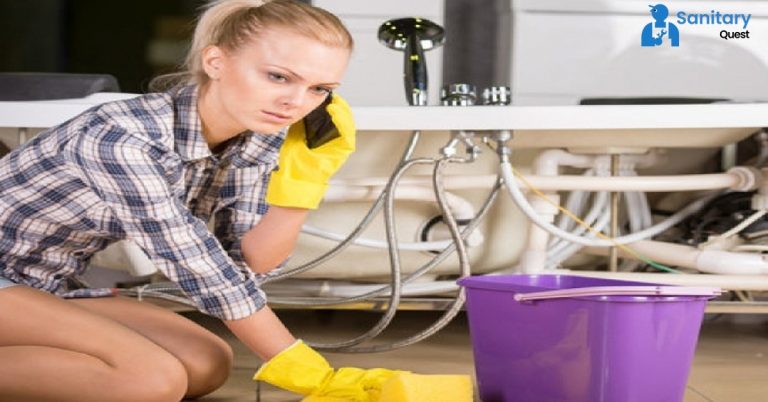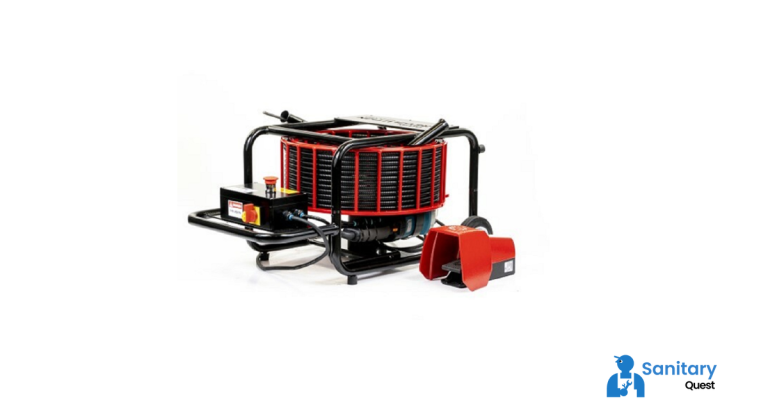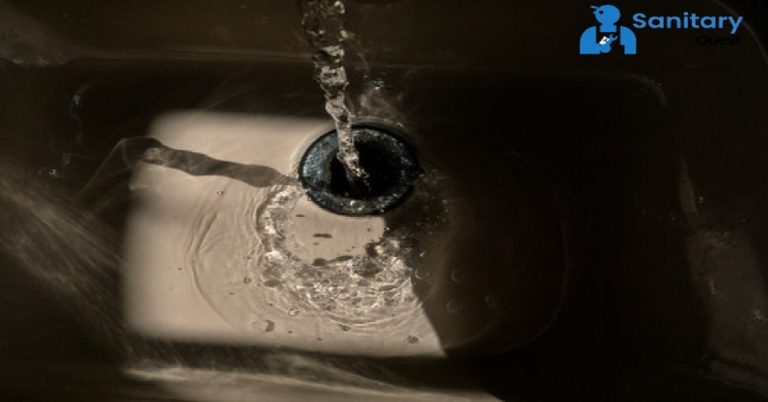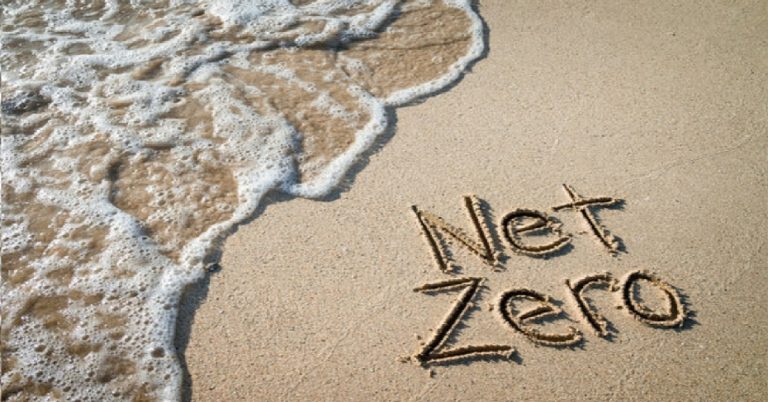How do tankless water heaters work? Your Guide to On-Demand Hot Water Systems
The tankless water heater is generally the first thing that comes to mind when you think of a conventional water heater. Traditional water heaters store hot water and the heating elements they use in a tank. The tank requires the most upkeep of any component of the fixture. Tank failure is usually to blame when a water heater stops working. The tank of a water heater is essentially the only moving part of the appliance, so when it dies, the heater usually does too.
Given the significance of the tank, it begs the question of how tankless water heaters function. What assurances could you have that hot water would be available whenever you wanted it? Since the idea of a tankless water heater may be new to you, we decided to put together a list of the most common questions we get about them. When it’s time to switch from a traditional water heater to a more modern tankless model, you can use this handy guide to help you decide what to do.
What is a tankless water heater?
Tankless water heaters are different from traditional water heaters, which need a big tank to store hot water. Some other names for these water heaters include “hot water on demand systems” and “instantaneous.” Think of a tankless water heater as an eternally hot water heater.
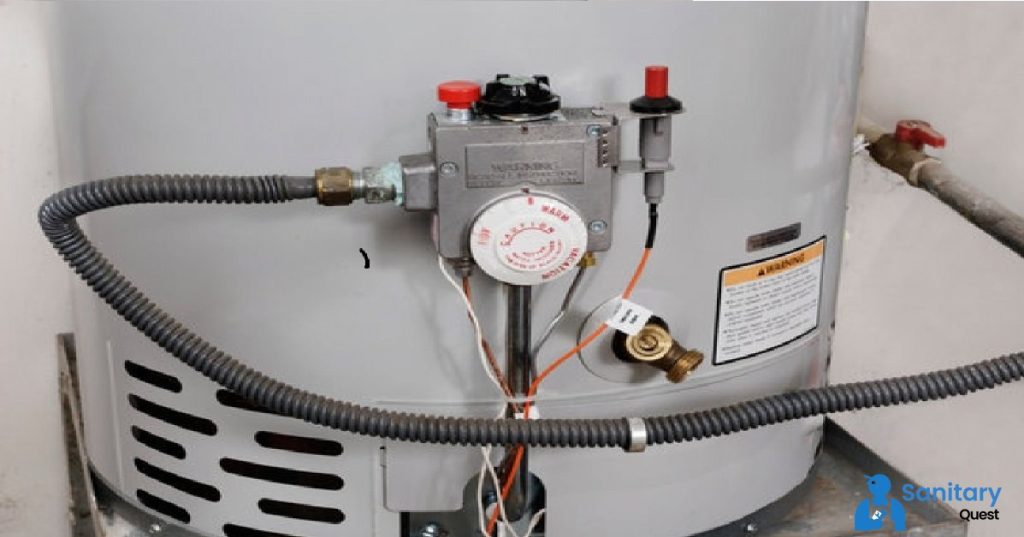
Traditional water heaters have storage tanks where the water is preheated and kept until it is needed. In contrast to conventional water heaters, tankless models only heat water when it is being used. A tank is unnecessary because there is no need to “store” hot water in advance.
How do tankless water heaters work?
Turning on a hot water tap causes cold water from the plumbing system to enter the tankless heater before being delivered to the tap. The flow of water tells the heater whether to light the gas burner or the electric element.
Chilly water is warmed instantly by a gas or electric element. The water you receive is the same temperature as it would have been if it had been heated in a standard heater. If you switch off the hot water supply, the tankless heater’s element will automatically turn off.
What are the pros and cons of a tankless water heater?
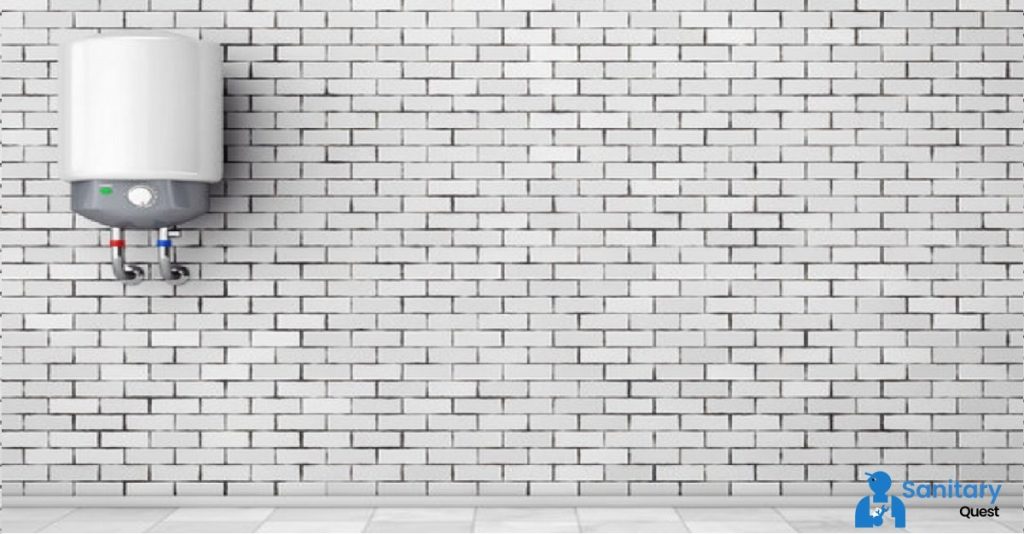
Even though the description sounds appealing, you might be wondering what the pros and cons are. The on-demand hot water system will give you instant hot water from your cold water system whenever you need it, unless the tankless system is being overrun by demand, like when multiple hot water systems are being used at the same time. The on-demand hot water system will give you instant hot water from your cold water system whenever you need it, unless the tankless system is being overrun by demand, like when multiple hot water systems are being used at the same time.
How hot does a tankless water heater get?
You might be worried about whether a tankless water heater can produce the same amount of hot water as a traditional one. Most tankless water heaters can be set to provide water at a temperature of about 120 degrees Fahrenheit, but this varies by model and manufacturer. The maximum temperature for a tankless device can reach 140 degrees Fahrenheit, which is far too high for a soothing shower or bath.
How Long Does a Tankless Water Heater Last?
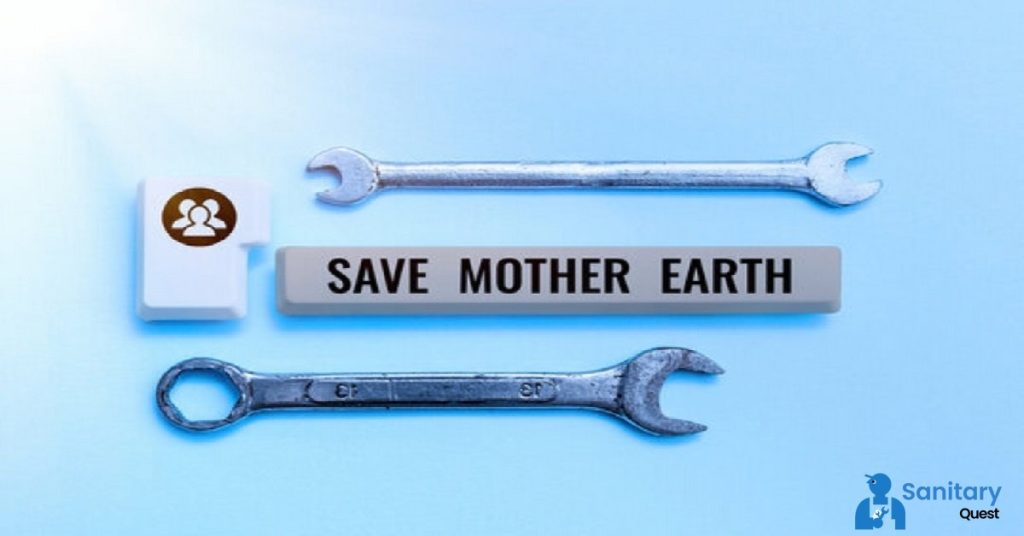
Tankless water heaters today have a 25-year lifespan. A tankless model lasts about twice as long because there is no tank to rust or cause other maintenance problems. Even though they cost a little more to install at first, tankless water heaters are popular for this reason alone.
Is a tankless water heater right for me?
It’s been shown that tankless water heaters provide the best performance in homes with fewer occupants. A typical tankless water heater may provide hot water at a rate of 2–5 gallons per minute. However, a tankless water heater may not be able to keep up with demand if you use more than 2 to 5 gallons of hot water each minute.
In large families, conventional water heaters may be better able to provide hot water for everyone. A tankless water heater also costs more upfront and in the long run than a traditional heater. They’re a common fixture in places like apartments and single-family homes since their owners don’t have to maintain water tanks.
While tankless water heaters aren’t the best option for every home, they are a promising innovation that might drastically improve the quality of life for many families.
Mike Diamond is the man to see if you want to know more about tankless water heaters or if you want to have one installed. If you have any concerns or would like to set up an appointment, all you have to do is give us a call, and our friendly staff will do all they can to make sure you leave satisfied and, most importantly, with plenty of hot water.
FAQs
Q1: How does a tankless hot water heater function?
A tankless hot water heater works by heating water as it flows through the unit. When you turn on a hot water tap, cold water runs into the heater, where either an electric element or a gas burner heats it. This provides a constant supply of hot water without the need for a storage tank, as it’s heated on demand.
Q2: What is an instant or tankless water heater?
An instant or tankless water heater heats water directly as it’s needed, without storing it in a tank. When you turn on a hot water tap, cold water travels through the unit and is rapidly heated by either an electric element or a gas burner, providing hot water instantly.
Q3: How does a tankless water heater recognize when to start?
A tankless water heater initiates when it detects water flow. As soon as you open a hot water tap, sensors in the heater recognize the flow and signal the heating element or burner to activate. This prompt response ensures that hot water is delivered instantly, and the unit heats water only when needed, conserving energy when not in use.
Q4: How do tankless water heaters operate with hard water?
Tankless water heaters can be affected by hard water due to the minerals present, like calcium and magnesium. Regular maintenance, descaling, or using water softeners can help mitigate the impact of hard water on tankless water heaters, ensuring they continue to function optimally.

